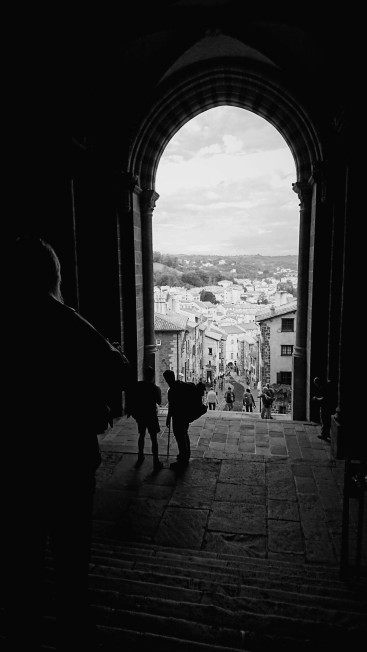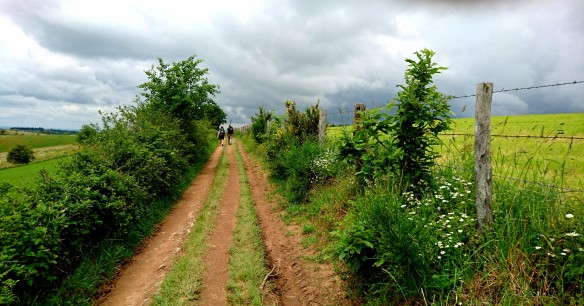It’s amazing how much freedom can come from leaving possessions behind. Here are the most recent discoveries I’ve made while traveling, with a 22-liter backpack as my sole companion.
Vacation. More than two weeks. Hiking, swimming, discovering, eating, sleeping. One little rucksack. This is the story about what I learned from my most recent adventure.

GOOD FRIEND. 22 liters of pure happiness.
Going north from Nice in southern France, my holiday was almost over. I just needed to get back to Grenoble saefly. Then it happened, the incident that made me start contemplating the perks of traveling light.
I missed my bus in Digne-les-Bains (got on a train instead, totally lost in translation). Eventually, after lots of walking, frustration and misunderstandings, I found a bus, heading the right direction. How lucky! Life was good again. While dragging my backpack around under the burning sun, I caught myself appreciating its lightness.
This is why you should leave some of your beloved possessions at home when traveling:
- Size matters.
You can take a small bag into the cabin of a plane, or keep it next to you on a train or a bus. If you’re hiking, the limited weight and volume surely is an added bonus. - Safety first.
Do you have a habit of losing items? It’s less likely that something wil get lost or stolen if all your belongings are on your back. There’s true comfort in knowing this. - Get creative and appreciate.
Learn how to manage without the unpractical sequin sweater that you love. Maybe you’ll even see what you already have in a new light. Good lesson for the future. - Be flexible.
Go where the wind blows. When traveling light, there are no heavy, unpractical stuff to slow you down. And it’ll be easier to simply change your plans if a local gal secretly tells you about the best place to go. - Freedom.
All the reasons above adds up to an amazing feeling of freedom. Appreciate and embrace the beauty uncertainty has to offer.

READY. The starting point of my journey, the cathedral in Le Puy-en-Velay.
Okay, so I’ll admit it, there are disadvantages too. For instance, you’ll hve to do laundry quite often. And if you’re going hiking in places where the weather gets rough, it’s better to bring that extra sweater than to freeze. Respect the nature.
However, the advantages of raveling light far outweighs the troubles of it.
Bottom line: if you’re heading to a comfortableclimate, just leave half of what you think you’ll need behind. It’ll make your life on the road a whole lot more pleasant. I promise.
I’d love to hear how you feel about traveling light. Feel free to add your tips in the comments below!







